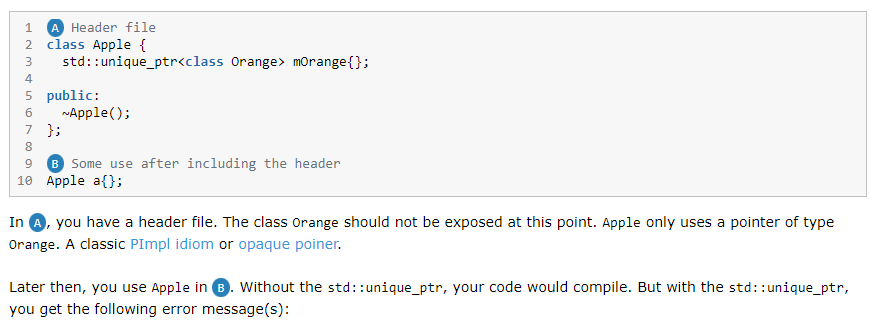Easily Protect Your C++ Code Against Integer Overflow With SafeInt -- by Giovanni Dicanio
Integer overflows can be hidden inside your C++ code and can cause subtle nasty bugs.
Fortunately, it's easy to guard your code against those subtle bugs, thanks to an open-source easy-to-use library:
Protecting Your C++ Code Against Integer Overflow Made Easy by SafeInt
by Giovanni Dicanio
From the article:
In previous blog posts I discussed the problem of integer overflow and some subtle bugs that can be caused by that. (...)
Of course, writing this kind of complicated check code each time there is a sum operation that could potentially overflow would be excruciatingly cumbersome, and bug prone! (...)
Fortunately, you don’t have to do all that work! In fact, there is an open source library that does exactly that! This library is called SafeInt. (...)
The code will still look nice and simple, but safety checks will happen automatically under the hood. Thank you very much SafeInt and C++ operator overloading!

 A new episode of the series about SObjectizer and message passing:
A new episode of the series about SObjectizer and message passing: In my previous post, "
In my previous post, "

 Release 1.84.0 of the Boost C++ Libraries is now available.
Release 1.84.0 of the Boost C++ Libraries is now available. A new episode of the series about SObjectizer and message passing:
A new episode of the series about SObjectizer and message passing: In this post, we’ll have fun using C++20’s spans to process data on multiple threads. What’s more, we’ll be equipped with the latest concurrency features from C++20.
In this post, we’ll have fun using C++20’s spans to process data on multiple threads. What’s more, we’ll be equipped with the latest concurrency features from C++20.
 We’re announcing a free early preview of CLion, which uses the ReSharper C++/Rider C++ language engine instead of the CLion "legacy" engine. The Preview build is available via our dedicated Toolbox App feed. At some point in 2024, depending on the results of the feedback collected, CLion Nova will be merged into CLion. Until then, the Preview build will be free to use and can be installed in parallel with your usual CLion (Classic) installation.
We’re announcing a free early preview of CLion, which uses the ReSharper C++/Rider C++ language engine instead of the CLion "legacy" engine. The Preview build is available via our dedicated Toolbox App feed. At some point in 2024, depending on the results of the feedback collected, CLion Nova will be merged into CLion. Until then, the Preview build will be free to use and can be installed in parallel with your usual CLion (Classic) installation. A new episode of the series about SObjectizer and message passing:
A new episode of the series about SObjectizer and message passing: A new episode of the series about SObjectizer and message passing:
A new episode of the series about SObjectizer and message passing: